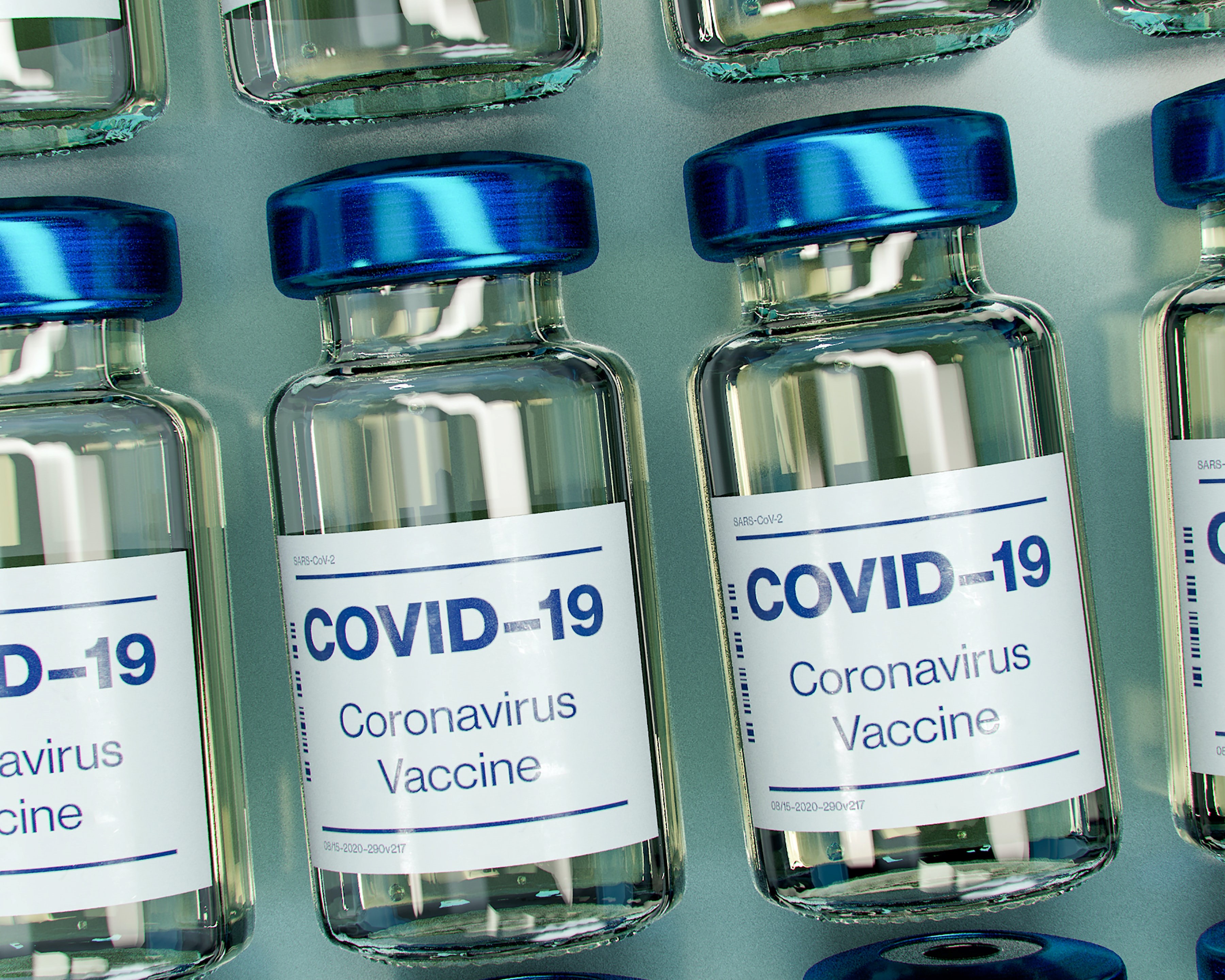
Andrew Currier, PCK Intellectual Property
As the pandemic rages and the vaccines roll out, we face a difficult question about whether to relax patents on COVID-19 technologies in order to accelerate global vaccine distribution. For intellectual property professionals, we must ensure that we help guide the right policy decision. History is going to judge us.
Geopolitically, the stakes are much bigger than patents. The overall strength of America is at play. Midterm elections and the next presidential election will be upon the world before we know it. Russia and China have developed viable vaccines outside of the Western innovation system. The world is watching how the global powers respond to the pandemic.
Within the IP profession, diversity initiatives have been embraced in principle along with an implicit acknowledgement that we need to correct historical wrongs. Our profession’s response to the pandemic should ensure that we do not unwittingly repeat wrongs. Historically, discrimination creates artificial distinctions between rich and poor by assigning arbitrary and unscientific meaning to natural genetic expressions such as gender and skin colour. Diversity initiatives strive to be “inclusive”.
On the other hand, the patent system is a foundation of Western democracies, designed to provide time-limited monopolies in exchange for encouraging innovation. Since the rise of industrialization, the patent system has proven to be foundational in promoting many remarkable advances and will continue to do so well after this pandemic ends. However, the patent system, by it’s very definition, is about being “exclusive”.
The pandemic is an extraordinary fact situation completely different from the other types of technologies that we protect on a daily basis. To ensure we are being inclusive, this must be a time to consider all possible barriers to vaccine deployment, including patents.
Does the patent system even matter to the millions of unvaccinated individuals across the world watching loved ones literally drowning to death on land? For such individuals, do any theoretical arguments about the underpinnings of a patent system, capitalism and democracy mean very much? Surely, the only thing that can matter to such an individual is how quickly the suffering can be ended. One day, soon I hope, these individuals will receive a Russian, Chinese or a Western vaccine. I would like to give them our vaccine first, but I am happy if they get any of them.
As we ponder whether to support patent waivers for COVID-19 vaccines, I ask that we connect our with our humanity by imagining the humanity of those suffering across the world. If this pandemic does not rise to the level of even considering an exception to rigid patent laws, then nothing does. Whether or not a patent waiver is a good idea, we should ensure that Western vaccines make it into the arms of as many people as possible, as fast as possible. If Western vaccines do not make it into the arms of the world we should consider the possible alternative outcomes. The existential crisis and influence of Western democracies will be worse because Russia and China will appear to be more functional as countries. The decisions that we make today in relation to helping poor countries obtain vaccines will have broader effects than simply the particular question of whether to temporarily waive patents on vaccines. This analysis supports the Biden administration’s decision to support a patent waiver, as they look beyond the intellectual property system and to much broader geopolitical challenges that lie beyond the end of this pandemic.
In closing, I respectfully and graciously ask that our profession ponder these issues carefully using our collective wisdom. Whether we support patent waivers on vaccines or not, let’s make sure we do the right thing and help get the globe vaccinated as quickly as possible.
PCK IP is one of North America’s leading full-service intellectual property firms with offices in Canada and the United States. The firm represents large multinational companies, scaling mid-size companies, and funded innovative start-up entities. PCK IP professionals include seasoned patent and trademark agents, engineers, scientists, biochemists and IP lawyers having experience across a broad range of industries and technologies. Contact us today.
The contents of this article are provided for general information purposes only and do not constitute legal or other professional advice of any kind.
